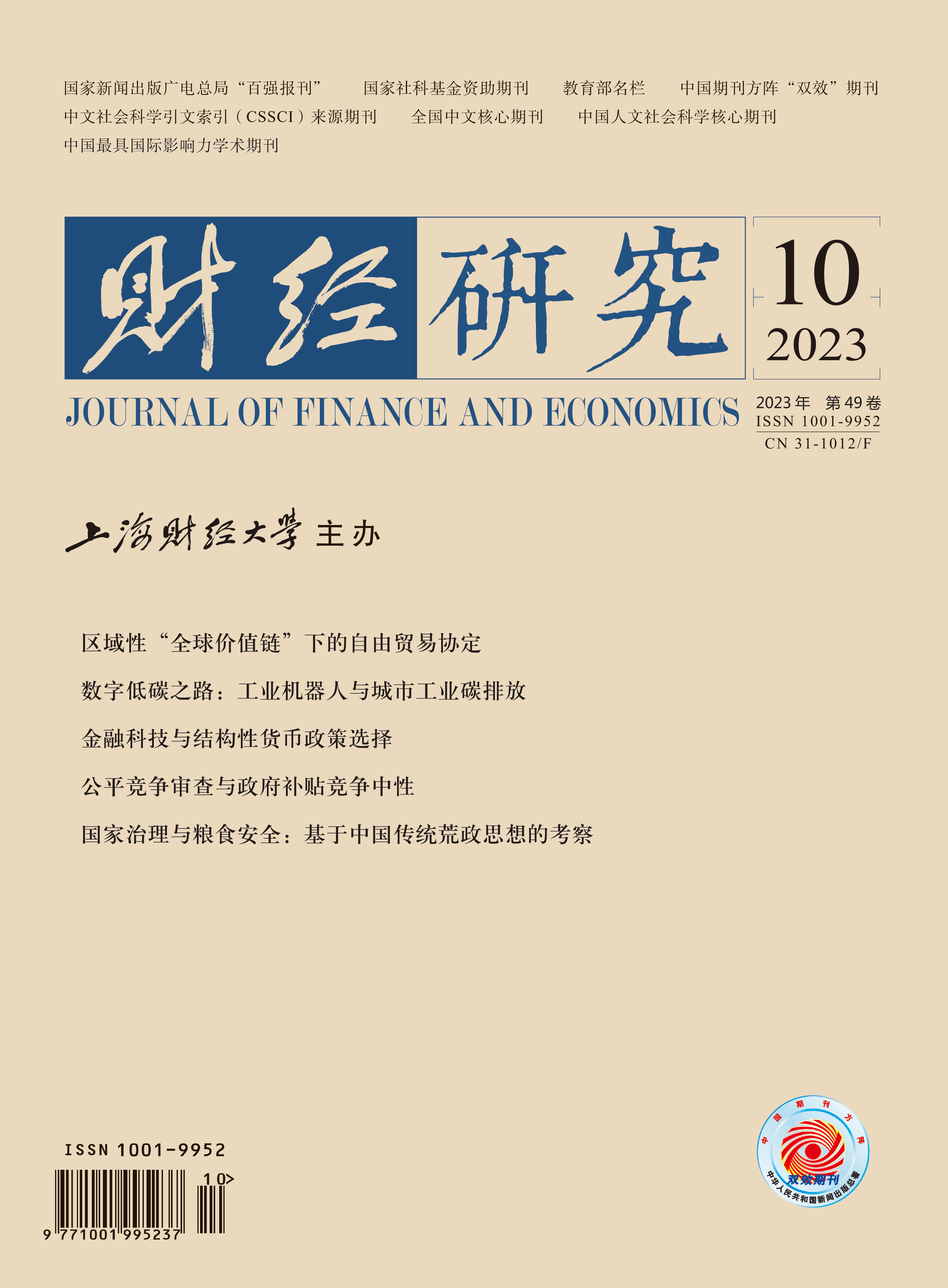The “separation of politics and economy” reform stands as a critical measure affecting the development and growth of the rural collective economy, aiming to professionalize the functions of rural collective economic organizations and stimulate operational vitality. However, the impact of the “separation of politics and economy” reform on rural collective economy development and its constraining conditions remains unexplored from an empirical perspective.
This paper uses data from 2090 rural collective economic organizations in Jiangsu Province in 2021. It analyzes the effect and mechanism of the “separation of politics and economy” reform on rural collective economy development with the 2SLS model. The results show that the reform, on the whole, enhances the development level of the rural collective economy, mainly by improving operational and managerial efficiency and promoting industrial development. Further analysis reveals that there is a “Matthew effect”: The income increase effect of the “separation of politics and economy” reform in high-income villages is significant, while that in low-income villages is not obvious, which ultimately leads to the widening of the development gap between the two. Heterogeneity analysis shows that the county’s financial support for agriculture and the village’s financial supervision system can significantly improve the effectiveness of the “separation of politics and economy” reform.
The marginal contributions of this paper are as follows: (1) Existing research mainly relies on case studies to explore the relationship between the “separation of politics and economy” reform and the rural collective economy, lacking a corresponding empirical test. By combining theoretical and practical investigations, this paper provides an overview of the current situation of the reform and presents the first empirical evidence of its impact on the rural collective economy. (2) This paper examines two channels through which the reform affects the rural collective economy: operational and managerial efficiency and industrial development. (3) Considering the heterogeneity of rural economic strength and policy institutions, this paper analyzes the emergence of the “Matthew effect” during the reform process. The findings deepen the understanding of the impact of the reform on the rural collective economy, and provide theoretical and empirical support for the development of the collective economy and empirical evidence for the optimization of the reform.





 4778
4778  3201
3201

